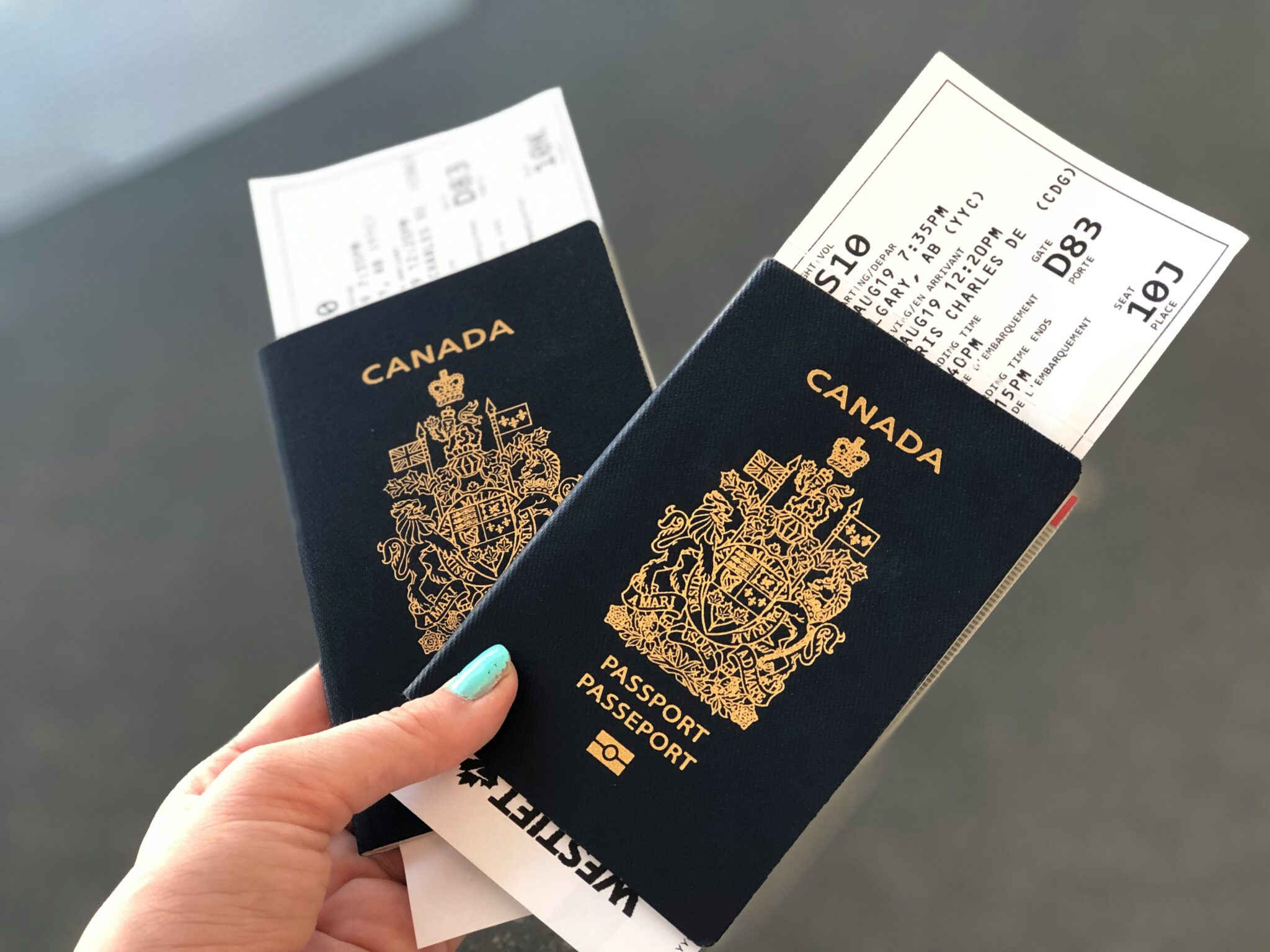Airbnb Won't Show First Names of Some Bookers in Bias Settlement

Skift Take
Growing out of a discrimination lawsuit settlement, Airbnb this month will start to forgo showing the first names of prospective guests who are Oregon residents, replacing first names with the guests' initials, until a booking request gets confirmed.
Once the booking is confirmed, hosts will see their guests' first names, according to an Airbnb announcement in late December.
The settlement — the full details of which have not been disclosed — grew out of a 2017 federal lawsuit, which sought class-action status, by African-American Oregon residents alleging that racial discrimination on Airbnb violated the Oregon Public Accommodations Act.
Airbnb acknowledged that racism exists on its platform, but stated that it has taken various steps to combat it, including guests and hosts having to agree to a non-discrimination commitment, and hosts being unable to view would-be guests' profile photos until a booking is confirmed.
Airbnb also argued in the lawsuit that it did not violate the Oregon Public Accommodations Act because it doesn't offer accommodations, but merely provides a marketplace connecting hosts and guests.
The two parties in Harrington et al versus Airbnb reached a settlement in 2019, but withholding the first names of Oregon residents seeking accommodations is only being implemented by the end of January 2022 because that's the timeline laid out in the agreement, according to Airbnb.
The new policy will have limited impact — for now. Oregon was the 27th most populous U.S. state in 2021, according to the U.S. Census Bureau, with only 4.2 million people. In announcing the settlement, Airbnb stated that the policy pertaining to Oregon residents only would be in effect for at least two years, and the company made no commitment to making the practice widespread across other states or countries around the world.
"As part of our ongoing work, we will take any learnings from this process and use them to inform future efforts to fight bias," Airbnb stated in its announcement.
A spokeswoman added: "Given that the impact of this change is unknown, the implementation will be limited."
The settlement doesn't necessarily apply to bookings in Oregon, but only to reservations that Oregon residents seek to make anywhere in the world.
Some researchers and activists have long argued that Airbnb should stop using guests names and photos — as well as hosts' names and photos — before a booking as one step to thwart discrimination on its platform. While Airbnb opted to hide guests' profile photos prior to confirmations starting in 2018, it has declined to remove guests' names, other than first names for Oregon residents.
"Names and photos typically indicate the races of Airbnb guests and hosts," Microsoft economist Ben Edelman wrote in a 2016 study. "But names and photos are not necessary for guests and hosts to do business. Hosts and guests can amply assess one anothers’ trustworthiness using the significant other information Airbnb already collects and presents. For these reasons, I contend that the Airbnb site should not reveal sensitive race information until a transaction is confirmed. If guests and hosts don’t see names and photos in advance, they simply won’t be able to discriminate on that basis."
Hosts of color have also cited racial discrimination by guests, with some hosts arguing that they have to lower rates to attract bookings.
The settlement apparently doesn't apply to other short-term rental platforms such as Vrbo and Booking.com, where discrimination likewise exists despite efforts to counter it.





